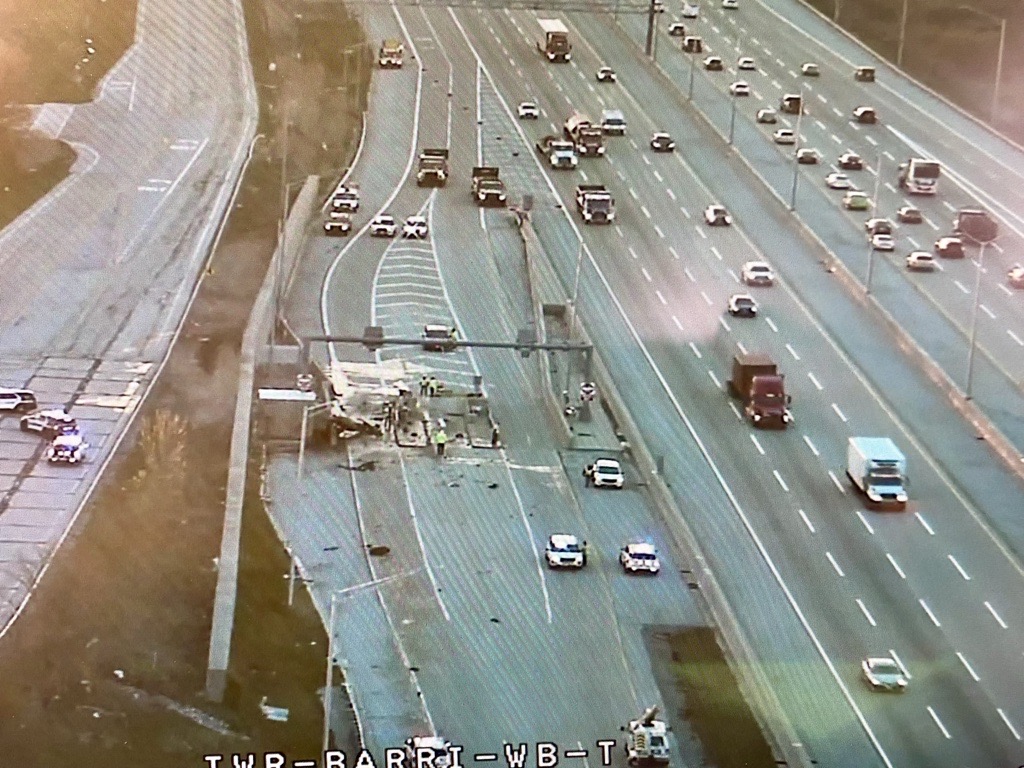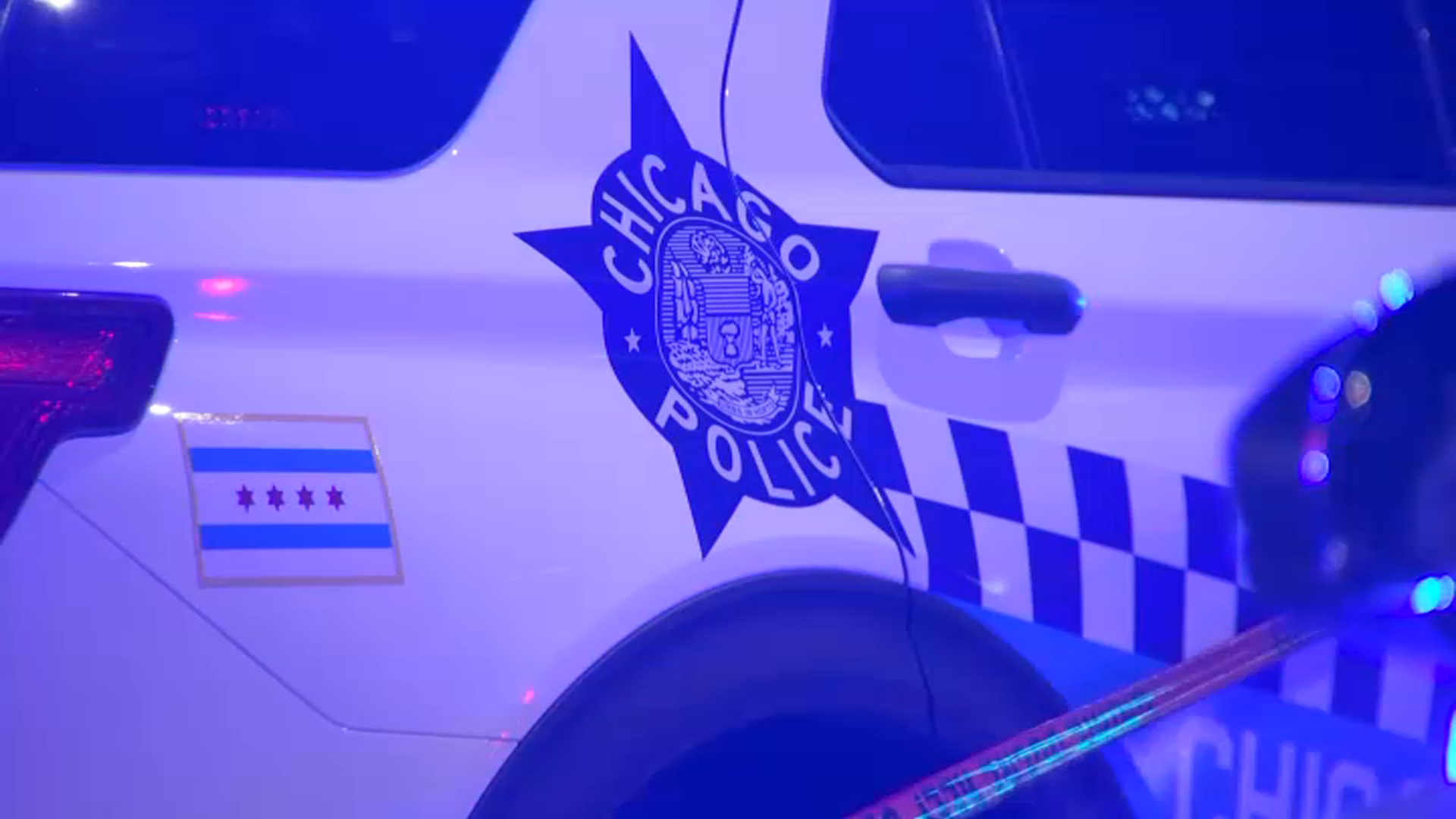It was on November 15, 2000, that then-Mayor Richard Daley called reporters to a skybox at Soldier Field, to unveil his new vision for the stadium. The event was the equivalent of a one-handed catch at the goal line with a second left on the clock, designed to keep the wandering eyes of the Chicago Bears from migrating to a more receptive community where they could build the stadium of their dreams.
“We will not lose the charm and dignity of this distinguished stadium,” Daley promised. “To the contrary, it will enhance it.”
The design itself was almost immediately derided as a colossal eyesore, an insult to a hallowed war memorial, tantamount to crashing a spaceship into the Parthenon.
But as the press and public focused on the aesthetics of the stadium, which would become the smallest in the National Football League, few examined the fine print of the deal itself: a $587 million plan where the Bears and the NFL each chipped in $100 million, with the remaining $387 million to be financed by public bonds, backed by a hotel/motel tax levied in the city of Chicago.
Feeling out of the loop? We'll catch you up on the Chicago news you need to know. Sign up for the weekly Chicago Catch-Up newsletter here.
Documents obtained by NBC 5 Investigates show the actual bond issue by the Illinois Sports Facilities Authority came to $398 million. But today, more than 20 years after that money was borrowed, the ISFA still owes over $383 million in principal, and more than $256 million in interest.
That’s a total of over $640 million, $63 million more than was originally borrowed, even after making payments for more than 20 years.
“It’s really how we financed it that made this an extraordinarily expensive project,” said Laurence Msall, president of Chicago’s Civic Federation. “We used very expensive financing by not having enough money to pay the principal.”
Local
Indeed, records obtained from the ISFA show that after the initial bond issue in 2001, no payments on the principal were made until 2008, and that during those intervening years more than $51 million in interest was paid. The way the deal was designed, principal payments would not exceed interest until 2030, just two years before the loan was scheduled to be retired.
The grand total for what the public was told would be $387 million in bonds? $1.19 billion.
“In retrospect, no one would basically have done the financing the way the Sports Facilities Authority has done it,” Msall said. “Because what is coming home to roost is the back loading of that debt.”
Hoping to achieve some savings, the stadium deal was refinanced in 2014 and 2019. State officials went back to the bond markets again in 2021, but that refinancing scheme was necessary because the city’s hotels were suffering skyrocketing vacancy rates related to the pandemic, and the taxes needed to back the bonds were not generating enough revenue.
“This is likely going to have to require a very significant restructuring if the hotel/motel tax does not bounce back,” Msall said.
And it all comes at a time when the Bears effectively have one cleated foot out the door.
“The building was obsolete before the concrete dried,” sports consultant Marc Ganis said. “It wasn’t a good deal for the city, and it wasn’t a good deal for the Bears.”
Ganis notes that the current economies of the NFL dictate revenue streams that go far beyond what the gate and concessions would provide at an otherwise land-locked stadium. The Bears have described a full-blown entertainment district surrounding a proposed new home in Arlington Heights.
“They’ll never find uses for the building that will justify the continued payments,” Ganis said.
The ISFA declined NBC 5’s request for an interview to discuss the looming debt which Soldier Field still faces. The repeated refinancing of the deal shows the agency has improved on the original plan, but that they still face a bill of $640 million to pay off the 2002 rehab. The total cost will be $1.13 billion.
Mayor Lori Lightfoot has suggested still further repurposing of the stadium, unveiling three new remodeling schemes – including a dome – which could cost anywhere between an estimated $900 million and $2.2 billion. In a statement to NBC 5, the mayor’s office promised that with or without the Bears, the city is prepared to move forward.
“The Park District will still own the facility that the debt paid for, regardless of its tenant,” the statement said. “The Mayor has put forth a compelling vision for what Soldier Field can become, and the City of Chicago intends and will maximize the use of the facility to meet the recreational needs and services to the public.”
As for who would play in the stadium, Ganis noted the NFL is not in the mood to expand, at least not in the United States. Existing franchises do occasionally move, but he expressed reservations that any current team would find Soldier Field attractive.
“The chances of attracting another NFL team to play in Soldier Field, when the Bears move to Arlington Heights is zero,” Ganis said. “Why would anybody want to come in and bring their team to Chicago, to a stadium that is obsolete, and according to at least Mayor Lightfoot, they’re expected to put in the lion’s share of the money to make it not obsolete!”



